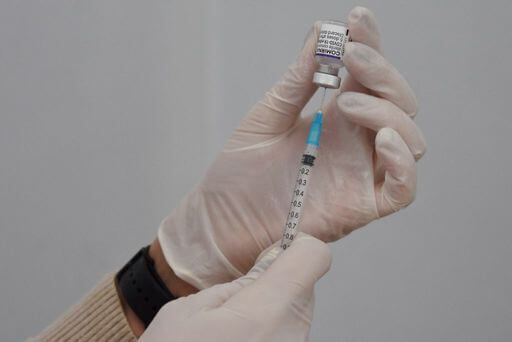A new report published by the House of Commons Science and Technology Committee and the Health and Social Care Committee today, claims that the UK’s Covid vaccine programme has been “one of most effective initiatives in UK history” but that the delay to implement the first lockdown was a “serious error” that should have been challenged.
In their report examining the initial UK response to the covid, the committee makes 38 recommendations to the Government and public bodies. During its hearing, it drew on evidence from over 50 witnesses—including former Health Secretary Hon Matt Hancock, Professor Chris Whitty, Sir Patrick Vallance and Dominic Cummings—as well as over 400 written submissions.
The Report was agreed unanimously by members of both Select Committees, which consist of 22 MPs from three political parties—Conservative, Labour and SNP.
The committees’ joint inquiry, which commenced in October 2020, examined six key areas of the response to covid-19: the country’s preparedness for a pandemic; the use of non-pharmaceutical interventions such as border controls, social distancing and lockdowns to control the pandemic; the use of test, trace and isolate strategies; the impact of the pandemic on social care; the impact of the pandemic on specific communities; and the procurement and roll-out of covid-19 vaccines.


It concluded that some initiatives were examples of global best practice but others represented mistakes, saying that both must be reflected on to ensure that lessons are applied to better inform future responses to emergencies.
The report slammed the delays in establishing an adequate test, trace and isolate system, which it said hampered efforts to understand and contain the outbreak and it failed in its stated purpose to avoid lockdowns.
It added that “the initial decision to delay a comprehensive lockdown—despite practice elsewhere in the world—reflected a fatalism about the spread of covid that should have been robustly challenged at the time.”
It also claimed that social care was not given sufficient priority in the early stages of the pandemic and that there was an urgent need for a long term strategy to tackle health inequalities across the UK.
The report says that if its recommendations were implemented by the government and public bodies such as the NHS, it would ensure that during the remaining period of the pandemic and in any new emergency, the UK could perform better by having distilled lessons—positive and negative—from its initial response to covid.
In a joint statement upon the paper’s publication Jeremy Hunt MP, chair of the health and social care committee, and Greg Clark MP, Chair of the science and technology committee, said: “The UK response has combined some big achievements with some big mistakes. It is vital to learn from both to ensure that we perform as best as we possibly can during the remainder of the pandemic and in the future,” but added that “there should have been more challenge from all to the early UK consensus that delayed a more comprehensive lockdown when countries like South Korea showed a different approach was possible.









